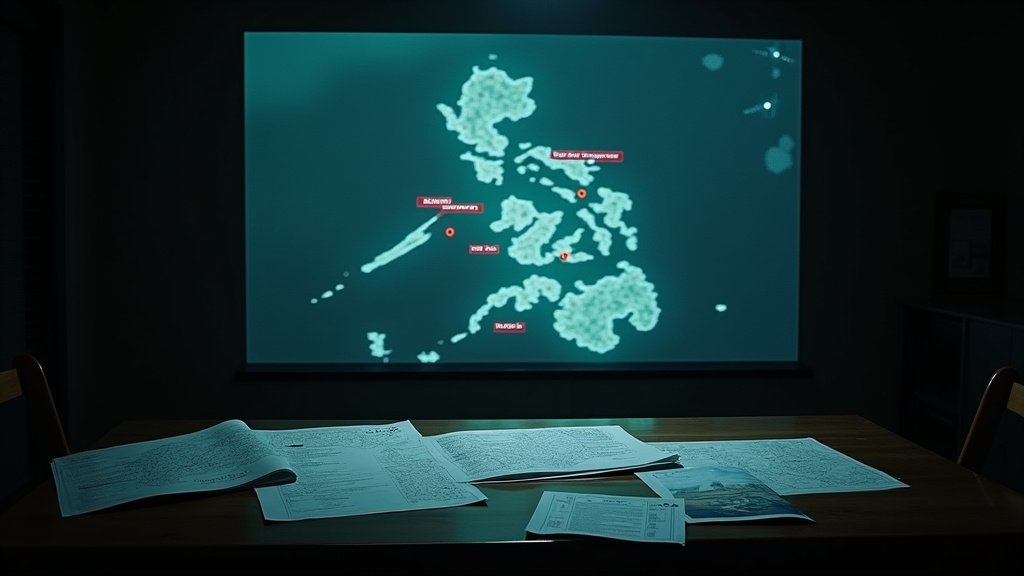Tokyo, Japan – Leaders from the world’s leading industrialized democracies, gathered in Tokyo for the annual Group of Seven (G7) summit, on Tuesday, June 10, 2025, announced a pivotal international framework aimed at governing the rapidly evolving field of artificial intelligence (AI). The initiative, tentatively dubbed ‘The Global AI Responsibility Accord’, marks a significant step towards establishing common ground rules for the development, deployment, and oversight of AI technologies on a global scale.
The announcement underscores the growing recognition among major powers of the transformative potential of AI, alongside the urgent need to address associated ethical dilemmas, safety hazards, and the imperative for enhanced transparency across international borders. The proposed framework seeks to provide a cohesive structure that can guide national policies and foster international cooperation in a domain currently characterized by diverse regulatory approaches.
Laying the Foundation for Global AI Governance
The accord is envisioned as a foundational document setting forth principles and standards designed to ensure that AI development proceeds responsibly and benefits humanity. The G7 leaders emphasized that the goal is not to stifle innovation but to create a predictable and trustworthy environment for AI advancement. By establishing common standards for AI development, testing, and deployment, the framework aims to mitigate risks while promoting cross-border collaboration and interoperability.
The discussions in Tokyo highlighted a shared understanding among G7 nations that the challenges posed by AI – from potential biases and job displacement to national security implications – require a coordinated global response. \”The Global AI Responsibility Accord\” represents the collective commitment of these nations to lead by example in forging that response.
Key Pillars of the Proposed Accord
Among the most notable components of the proposed framework is the concept of an independent ‘AI Safety Certification Board’. This board, as outlined in the G7’s proposal, would potentially serve as an international body responsible for evaluating and certifying AI systems based on adherence to established safety standards. Such a mechanism could provide a crucial layer of assurance for both developers and the public, fostering trust in AI applications ranging from autonomous vehicles to medical diagnostics.
Another critical element is the inclusion of provisions for enhanced data privacy in AI applications. Given that AI systems are heavily reliant on vast amounts of data, protecting user privacy and ensuring data security are paramount concerns. The accord is expected to propose guidelines and potentially mandatory requirements for how data is collected, processed, and used in AI development and deployment, aligning with existing or future international data protection norms.
These key components signal the G7’s intent to address concrete challenges associated with AI, moving beyond abstract principles to propose tangible mechanisms for oversight and accountability.
The Path Forward: International Cooperation and Implementation
The G7 leaders stressed the necessity of urgent international cooperation to make \”The Global AI Responsibility Accord\” a truly effective global standard. While the framework is being spearheaded by the G7 nations – Canada, France, Germany, Italy, Japan, the United Kingdom, and the United States, plus the European Union – its success will ultimately depend on broader adoption and participation from countries outside the G7 bloc.
The Japanese chairmanship of the summit indicated that the framework is currently in a proposal phase, inviting feedback and collaboration from other nations, international organizations, civil society, and the private sector. The G7 aims to refine the accord based on these consultations, with initial implementation phases anticipated to begin in late 2026.
This timeline suggests a deliberate approach, allowing time for necessary national legislative adjustments and the establishment of international coordinating bodies, such as the proposed AI Safety Certification Board. The period leading up to late 2026 will be critical for translating the principles outlined in Tokyo into concrete, actionable policies and mechanisms that can be adopted worldwide.
Significance and Future Outlook
The unveiling of \”The Global AI Responsibility Accord\” in Tokyo represents a landmark moment in the global conversation surrounding artificial intelligence. It signals a coordinated effort by major economic powers to proactively shape the future of AI governance, aiming to harness its benefits while mitigating its potential risks.
However, the path ahead is complex. Challenges remain in achieving global consensus on specific standards, ensuring equitable access to AI benefits, and adapting regulatory frameworks to the rapid pace of technological change. The G7’s initiative provides a starting point, a proposed blueprint for responsible AI development that will require sustained political will, international collaboration, and continuous adaptation to succeed in an ever-evolving technological landscape.
The focus now shifts to how this proposed framework will be received globally and how effectively it can be translated from ambitious principles into practical, enforceable standards that guide the safe and ethical development of artificial intelligence worldwide.





